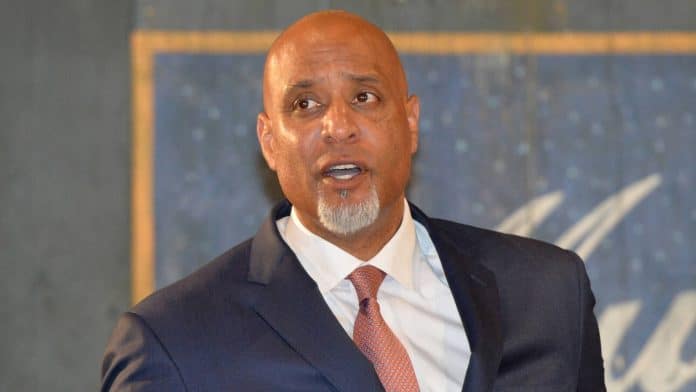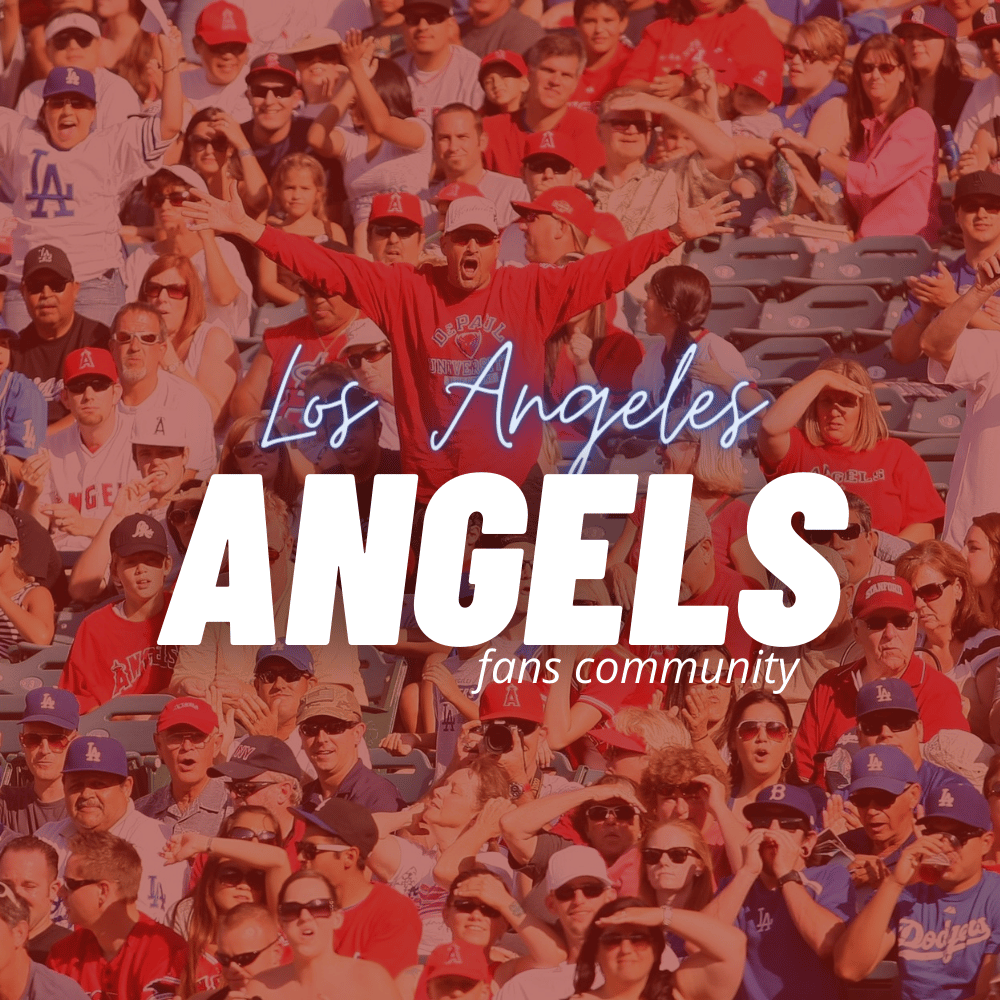In what could mark a monumental change for minor league players and for Major League Baseball alike, the Major League Baseball Players Association sent authorization cards to all minor league players late Sunday evening, wherein the minor leaguers were asked to vote on designating the MLBPA as their collective bargaining representatives. ESPN’s Joon Lee first reported that the cards had been sent out, and MLBPA executive director Tony Clark later confirmed to ESPN that the initial steps had been taken by the MLBPA. Evan Drellich of The Athletic has also taken a lengthy look at the matter. The MLBPA has since formally announced, via press release, an effort to unionize minor league players.
In the event that 30 percent of minor leaguers sign their authorization cards, the cards will be presented to the National Labor Relations Board as a means of displaying the substantial interest in unionization. At that point, an election would be held among minor league players and, if a requisite 50 percent of players vote to formally establish their union, the NLRB would subsequently require Major League Baseball to recognize the union. That election would be subject to the NLRB’s administrative process and could take months to advance, however.
In an email to player agents, Clark cited “poverty wages, oppressive reserve rules, discipline without due process, ever expanding off-season obligations, appropriation of intellectual property, substandard attention to player health and safety, and a chronic lack of respect for minor leaguers as a whole” as key factors for minor league players to consider when deciding whether to provide their authorization.
Clark’s email also included various financial data on recent minor league revenues, including an $864M gross revenue from the 2019 season (prior to the Covid-19 pandemic); the recent sale of a majority stake in the Sacramento River Cats (the Giants’ Triple-A club) and their stadium for more than $90M; and the fact that the majority of minor leagues salaries, ranging from $4,800 annually in Rookie ball to about $15,400 annually in Triple-A, check in shy of the poverty line, as defined by the federal government. Those salary figures are in direct contract to MLB commissioner Rob Manfred’s recent assertion that he “rejects” the notion “that minor league players are not paid a living wage.”
Unionizing the minor leagues would be a massive undertaking for the MLBPA, which until this point has only represented the roughly 1,200 players who are on Major League 40-man rosters at a given time. Expanding the union’s ranks to include the minor leagues would add more than four times that many members to the existing group, presenting logistic challenges and creating the potential for conflicts of interest among the more senior members of the group and the new fledgling additions. Nevertheless, there’s surely a large number of current MLBPA members who support the expansion and addition of Major League players; recent retirees (and former MLBPA executive subcommittee members) Andrew Miller and Chris Iannetta were among those who sent messages to minor leaguers alongside Clark’s message, Drellich notes.
The steps toward unionization come on the heels of a class action settlement that saw Major League Baseball pay out $185M to more than 20,000 players, stemming from a dispute as to whether those players should be compensated for Spring Training. Major League Baseball’s antitrust exemption is also once again under a microscope, as bipartisan members of the Senate Judiciary Committee in late June called for a need to reexamine that now-century-old ruling.
Major League Baseball has taken steps in recent years to improve conditions for minor leaguers, most notably requiring teams to provide housing for their minor league players. Of course, many of those changes came only after MLB gutted the minor leagues, eliminating 42 minor league clubs in the 2020-21 offseason.
The MLBPA has been working in conjunction with Advocates For Minor Leaguers, an advocacy group whose mission statement cites a need to establish “fair pay and equitable treatment” for minor league players.
“The game of baseball will be better for everyone when minor leaguers have a seat at the table,” Advocates executive director Harry Marino told ESPN.
As part of the joint initiative between the MLBPA and Advocates for Minor Leaguers, Clark and Marino announced this morning that “Each member of the Advocates for Minor Leaguers staff has resigned to take on a new role working for the MLBPA.”
“Minor Leaguers represent our game’s future and deserve wages and working conditions that befit elite athletes who entertain millions of baseball fans nationwide,” Clark said in Monday morning’s statement. “They’re an important part of our fraternity and we want to help them achieve their goals both on and off the field.”


